Selections from 555
by John Lowther
*
You know, this stuff you put four drops in a pot with boiling water and feel like a koala bear goin’ wild on drugs.
And even more starkly, there’s a very clear trend in the data, where each step up in waiting time results in a higher risk of death.
It all looks more than a bit scruffy; there is nothing along the road to soothe the eye, no riots of flowers to cheer the heart.
I get off where thought addresses the unthought and articulates itself upon it.
The occasionalist argues that all events are radically independent of one another.
*
Only through communism can we come to experience our bodies again.
Despite the title this is not about finding your soul mate.
The preamble explains why this matters and where this is going.
This is non-reg, but the cops have better shit to worry about, especially when it doesn’t impact the corporati.
Death is a black camel that kneels unbidden at every gate.
Frosties are just corn flakes for people who can’t face reality.
If the tweetstorm is right, this is a pretty grim situation.
The ego is the theology of free enterprise.
All theory of knowledge has sexual connotations.
*
I welcome the dead into my soul.
It uses many of the genre tropes, little kid, estranged family, nobody who believes, creepy house in the woods.
The world is its own best model.
The problem with all of my dreams is that I don’t speak the language.
Here’s some Swiss cheese and some bullets.
Don’t fall in love with yourselves, with the nice time we are having here.
It’s a fast-paced sci-fi trip.
The ride to complete the loop from the mine was on a diesel engine, which blew out lots of debris.
But what about those things out there.
*
A revolution without dancing is not a revolution worth having.
They were too close to the door to close it.
In the back seat was a fur coat, and in the street was blood mixed with car fluid, nail polish, lip gloss, baby booties, a toy piano, condoms, and a collection of music on compact disc by Andrew Lloyd Webber.
Vacuous suavity remains the abiding deficiency of self-consciously ‘good’ writing.
One is always responsible for one’s position as a subject.
Thus, by building robots, our intention is to learn something about intelligence, and not so much to build technologically sophisticated robots.
*
Judging from your pictures, you hate facts like poison.
The wind tunnel tells them all the same thing.
Sometimes I text myself a little pick me up.
I like knitted hats and I like vinyl records.
This is the traditional modus operandi of the sophist.
Without judgment, because it is judgment that defeats us.
Please try to stop shaking now and just breathe.
Don’t ever be yourself, it’s the kiss of death.
Let’s talk about spout fluid beds, fundamentals and applications.
Desire is the crucible within which the self is formed.
If you’re on board you’re on board all the way.
BIO
 John Lowther’s work appears in the Atlanta Poets Group’s anthology, The Lattice Inside (UNO Press, 2012) and in Another South: Experimental Writing in the South (U of Alabama, 2003). Held to the Letter, co-authored with Dana Lisa Young is forthcoming from Lavender Ink in 2015. John also works in video, photography, paint, performance and other mediums as the need arises. He’s writing a dissertation to reimagine psychoanalysis had intersex and transgender lives been taken as foundational for understanding subjective possibility. He blogs as Lowtherpoet at WordPress.
John Lowther’s work appears in the Atlanta Poets Group’s anthology, The Lattice Inside (UNO Press, 2012) and in Another South: Experimental Writing in the South (U of Alabama, 2003). Held to the Letter, co-authored with Dana Lisa Young is forthcoming from Lavender Ink in 2015. John also works in video, photography, paint, performance and other mediums as the need arises. He’s writing a dissertation to reimagine psychoanalysis had intersex and transgender lives been taken as foundational for understanding subjective possibility. He blogs as Lowtherpoet at WordPress.

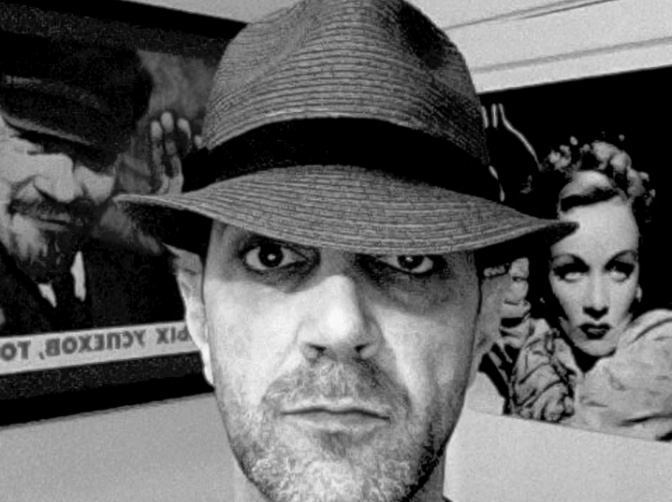
 John McKernan – who grew up in Omaha Nebraska in the middle of the USA – is now a retired comma herder / Phonics Coach after teaching for 41 years at Marshall University. He lives – mostly – in West Virginia where he edits ABZ Press. His most recent book is a selected poems Resurrection of the Dust. He has published poems in The Atlantic Monthly, The Paris Review, The New Yorker, Virginia Quarterly Review, The Journal, Antioch Review, Guernica, Field and many other magazines.
John McKernan – who grew up in Omaha Nebraska in the middle of the USA – is now a retired comma herder / Phonics Coach after teaching for 41 years at Marshall University. He lives – mostly – in West Virginia where he edits ABZ Press. His most recent book is a selected poems Resurrection of the Dust. He has published poems in The Atlantic Monthly, The Paris Review, The New Yorker, Virginia Quarterly Review, The Journal, Antioch Review, Guernica, Field and many other magazines.
 Tamer Mostafa’s work has been featured in California Quarterly, The Rag Literary Magazine, Poets Espresso Review, Confrontation Literary Magazine, Stone Highway Review, and No Infinite. He was the recipient of the 2011 CSU Sacramento Bazzanella Literary Award in Creative Non-Fiction and the 2013 Lois Ann Latin Rosenburg Prize for Poetry.
Tamer Mostafa’s work has been featured in California Quarterly, The Rag Literary Magazine, Poets Espresso Review, Confrontation Literary Magazine, Stone Highway Review, and No Infinite. He was the recipient of the 2011 CSU Sacramento Bazzanella Literary Award in Creative Non-Fiction and the 2013 Lois Ann Latin Rosenburg Prize for Poetry.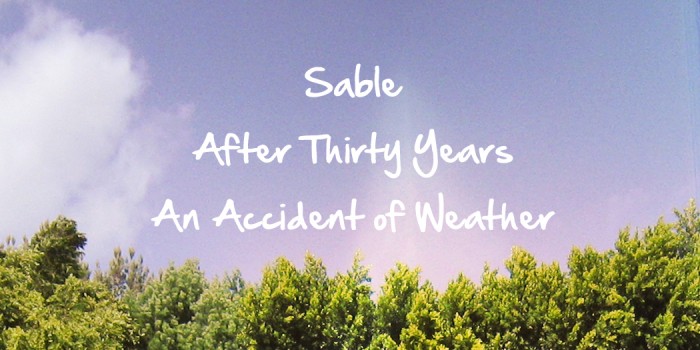
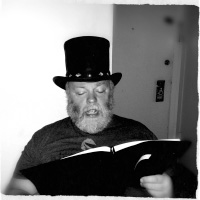 Raised in New Jersey, Robert Lavett Smith has lived since 1987 in San Francisco, where for the past fifteen years he has worked as a Special Education Paraprofessional. He has studied with Charles Simic and Galway Kinnell. He is the author of several chapbooks and two full-length poetry collections, the most recent of which is Smoke in Cold Weather: A Gathering of Sonnets (Full Court Press, 2013).
Raised in New Jersey, Robert Lavett Smith has lived since 1987 in San Francisco, where for the past fifteen years he has worked as a Special Education Paraprofessional. He has studied with Charles Simic and Galway Kinnell. He is the author of several chapbooks and two full-length poetry collections, the most recent of which is Smoke in Cold Weather: A Gathering of Sonnets (Full Court Press, 2013).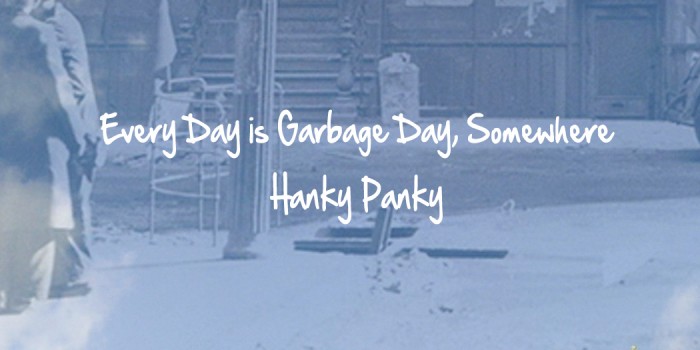
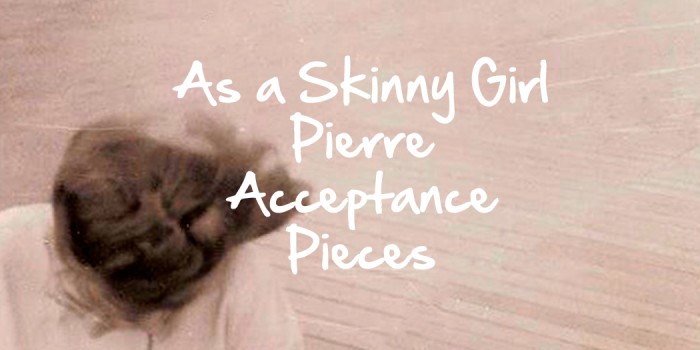
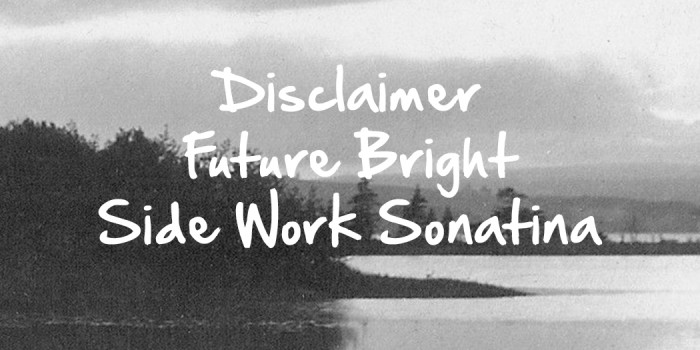
 R.A. Allen’s poetry has appeared or is forthcoming in New York Quarterly, Night Train, Mantis, RHINO Poetry, Gargoyle, The Recusant (UK), and elsewhere. His work has been nominated for a Pushcart Prize. He lives in Memphis for the humidity. More at http://poets.nyq.org/poet/raallen
R.A. Allen’s poetry has appeared or is forthcoming in New York Quarterly, Night Train, Mantis, RHINO Poetry, Gargoyle, The Recusant (UK), and elsewhere. His work has been nominated for a Pushcart Prize. He lives in Memphis for the humidity. More at http://poets.nyq.org/poet/raallen











